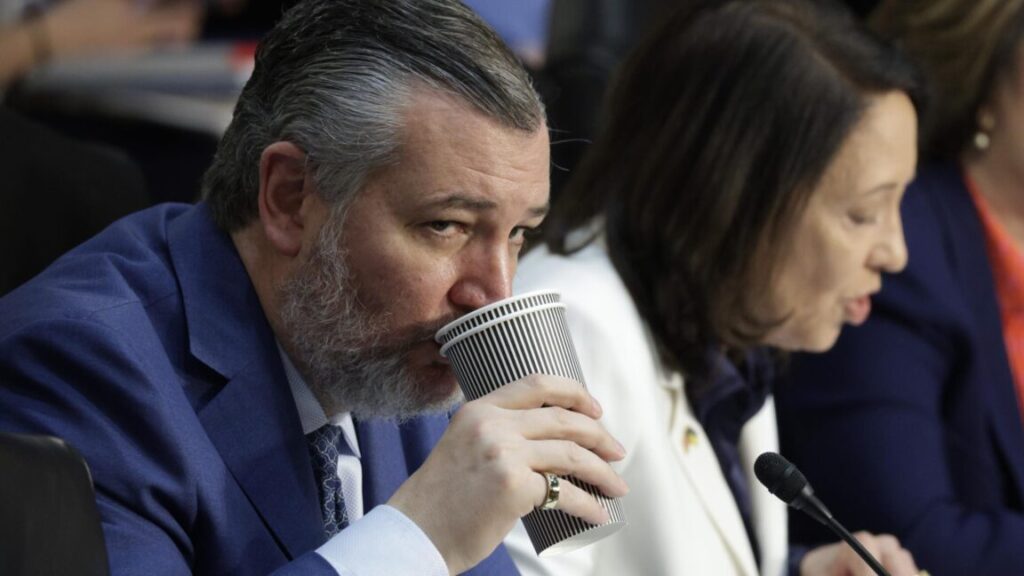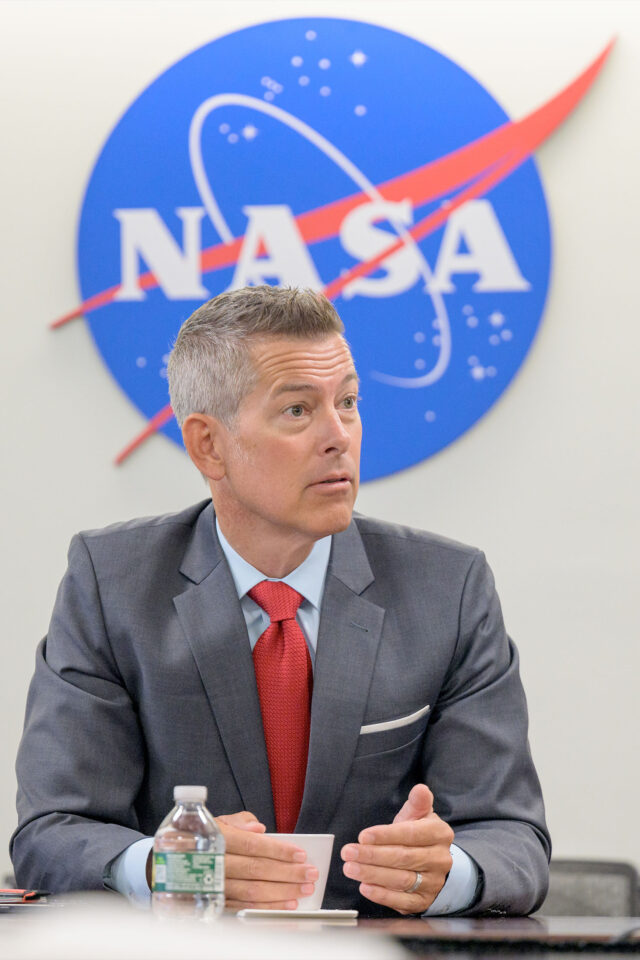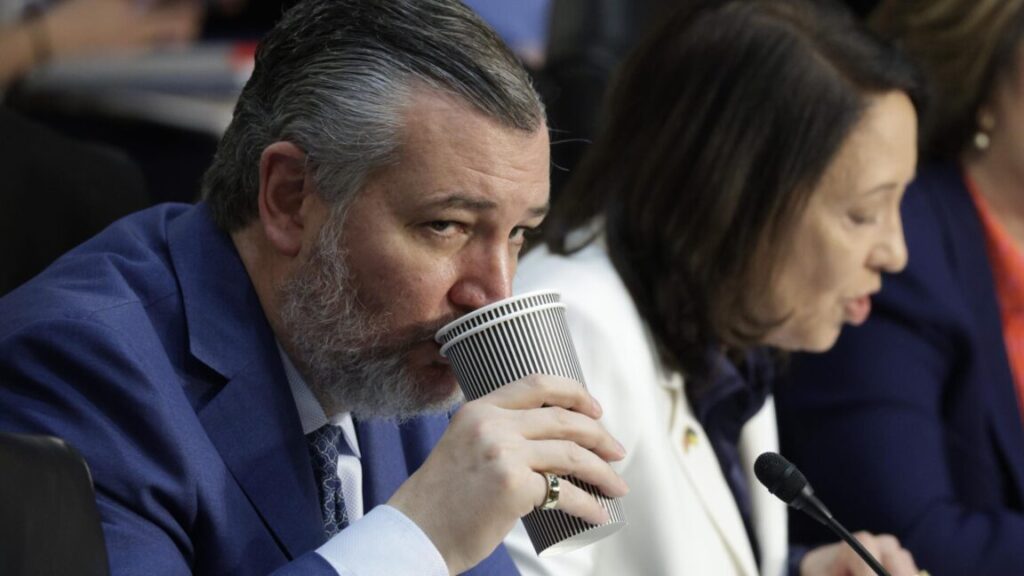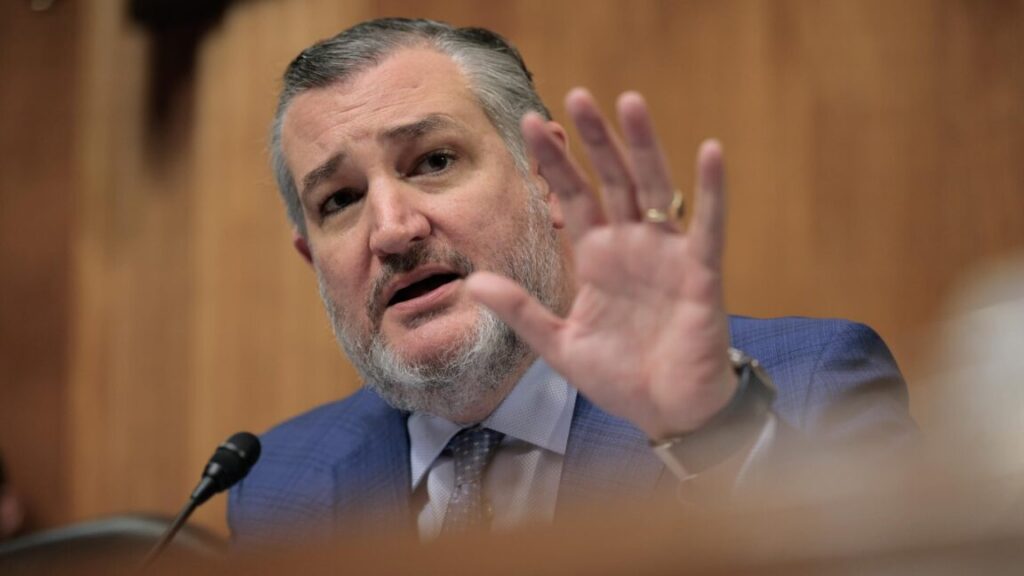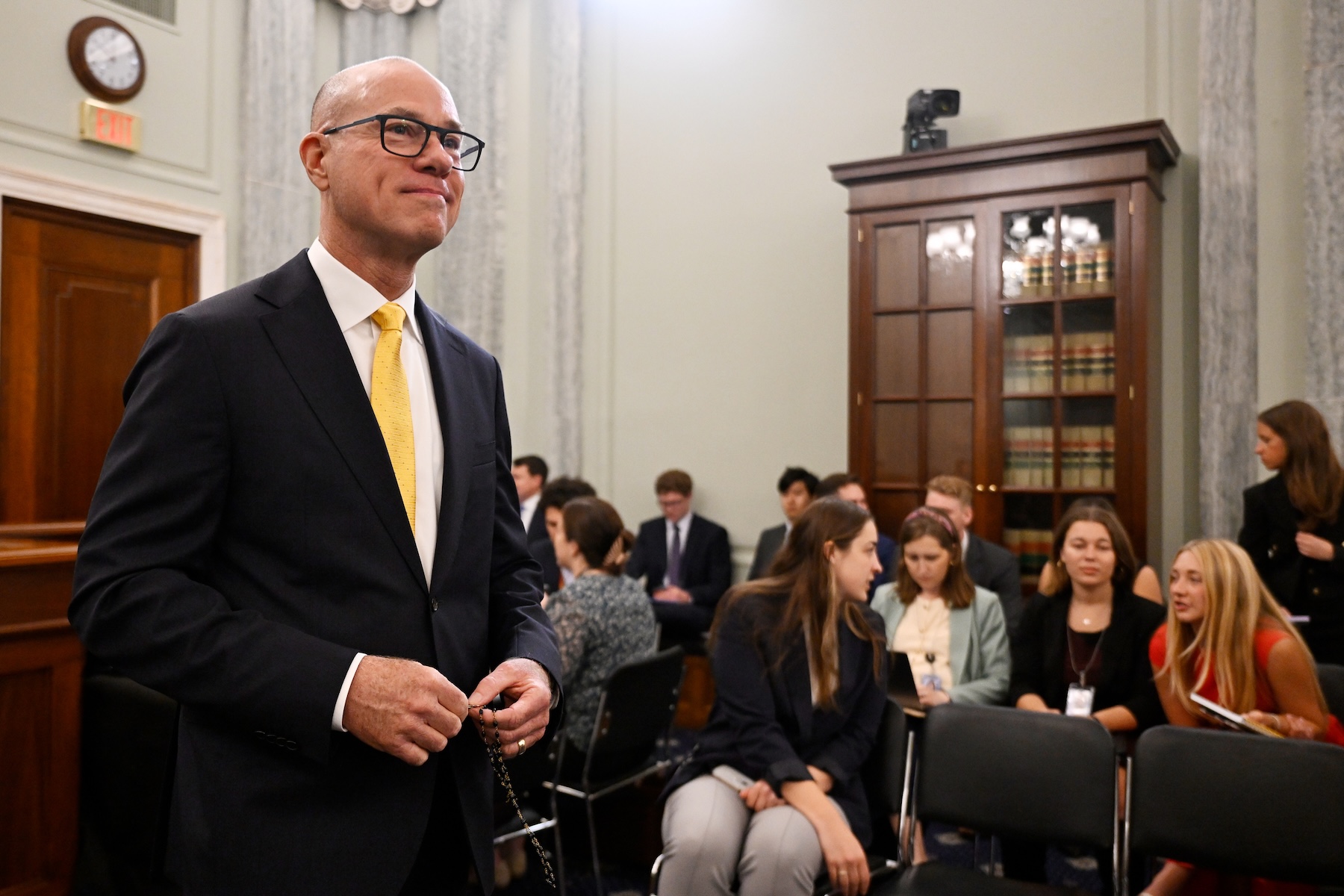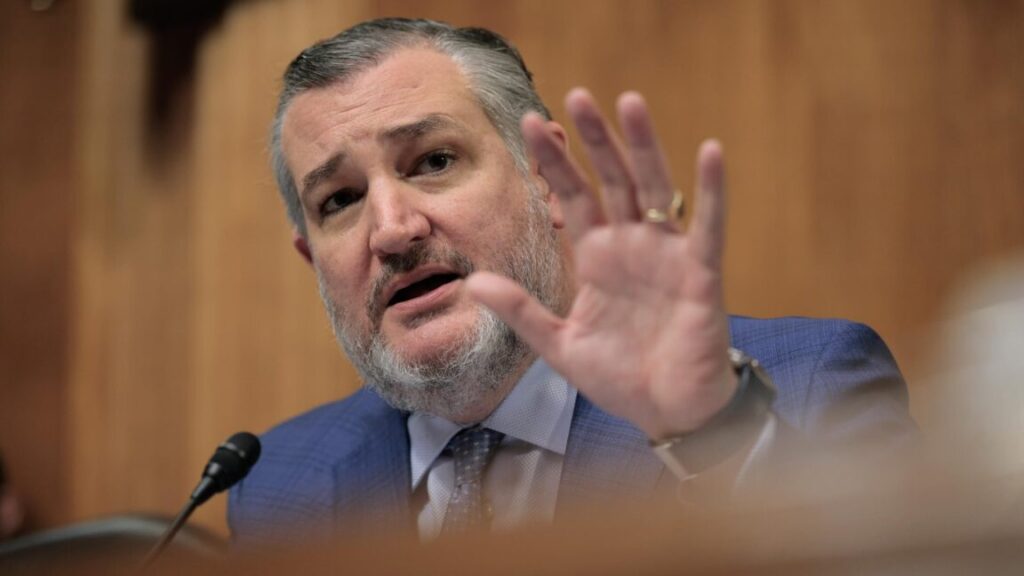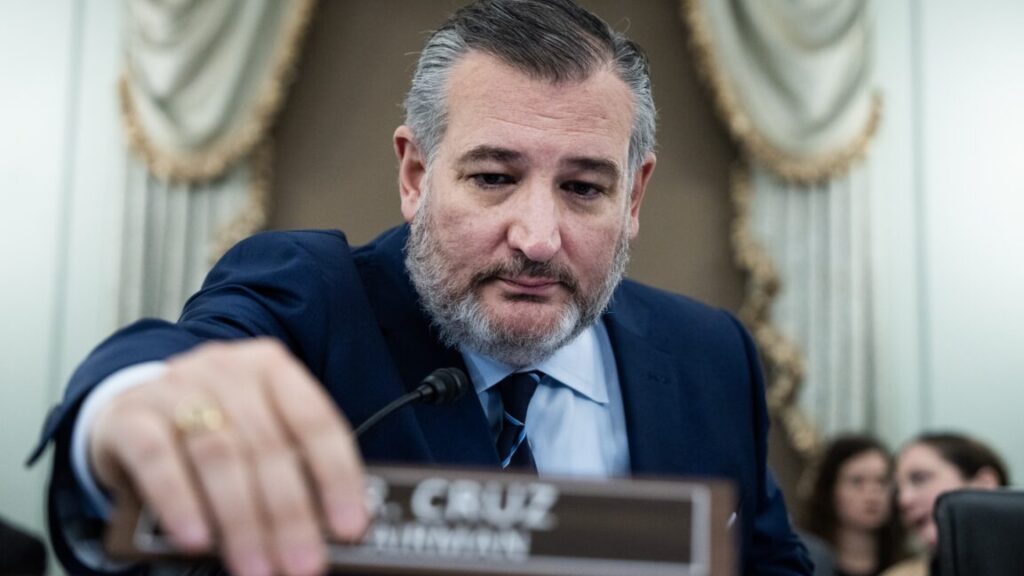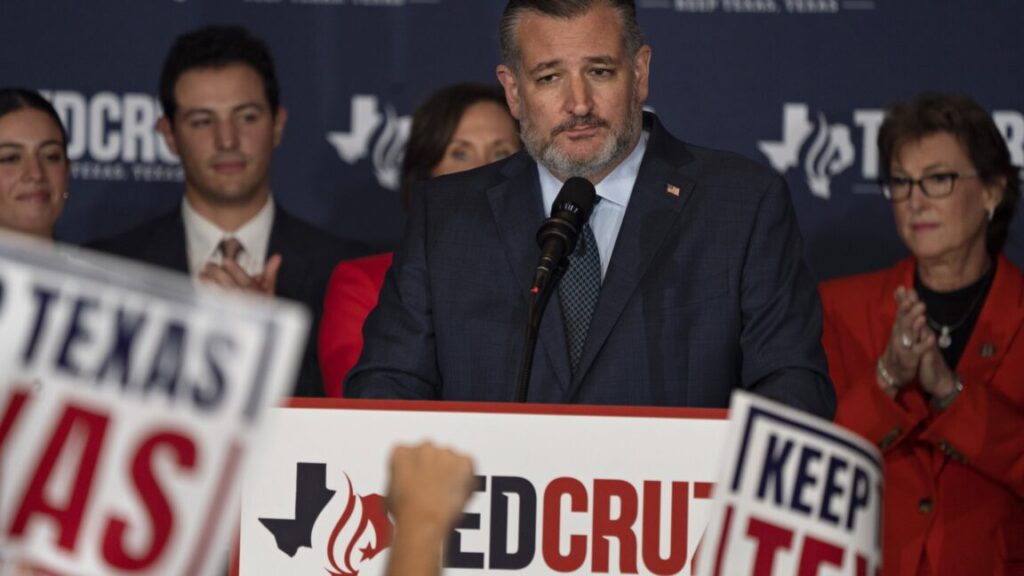Texas lawmakers double down on Discovery, call for DOJ investigation into Smithsonian
It is unknown what, if any, actions Roberts took in response to the letter. The Smithsonian issued a statement asserting it “does not engage in direct or grassroots lobbying” and that its staff has “acted in accordance with all governing rules and regulations.”
The Smithsonian has also stated that it is not a part of the federal government and holds clear title to Discovery, as transferred by NASA in 2012. As such, any attempt to remove Discovery from its collection would be unprecedented. The Congressional Research Service raised similar concerns about ownership in a briefing paper it prepared for lawmakers.
The crux of the concerns seems to be a letter the Smithsonian sent to the congressional authorizing and appropriating committees, as first shared by KeepTheShuttle, a grassroots organization founded to support Discovery staying at the National Air and Space Museum’s Steven F. Udvar-Hazy Center in Chantilly, Virginia. In that letter, the Smithsonian cited a cost of $35 million to $65 million more than the $85 million authorized by the Big Beautiful Bill Act (and that excluded the construction of a display facility, which was included in the legislation’s budget).
To chop or not to chop
The Smithsonian, together with NASA, also expressed concern that “Discovery will have to undergo significant disassembly to be moved.”
That possibility, along with the logistics and costs of making the move, resulted in Sens. Mark Kelly (D-Ariz.), Dick Durbin (D-Ill.), Mark Warner (D-Va.), and Tim Kaine (D-Va.) sending their own letter to the Senate Committee on Appropriations to block funding for the move. Kelly, a former NASA astronaut who flew on Discovery twice, and Warner also released a video on social media contrasting chopping vegetables to chopping up the space shuttle.
“To get it down there [to Houston], you would have to rip off the wings. The head shield, all of those tiles on the bottom, would be stripped off. The white thermal blankets? Gone,” Kelly said in the video released on Tuesday. “If Ted Cruz and Cornyn think they are putting this thing back together, I want to see them get out there. They’ll be out there for the next 10 years trying to figure this out.
“This is the dumbest plan I’ve ever heard in nearly five years in the United States Senate,” said Kelly.
Texas lawmakers double down on Discovery, call for DOJ investigation into Smithsonian Read More »








